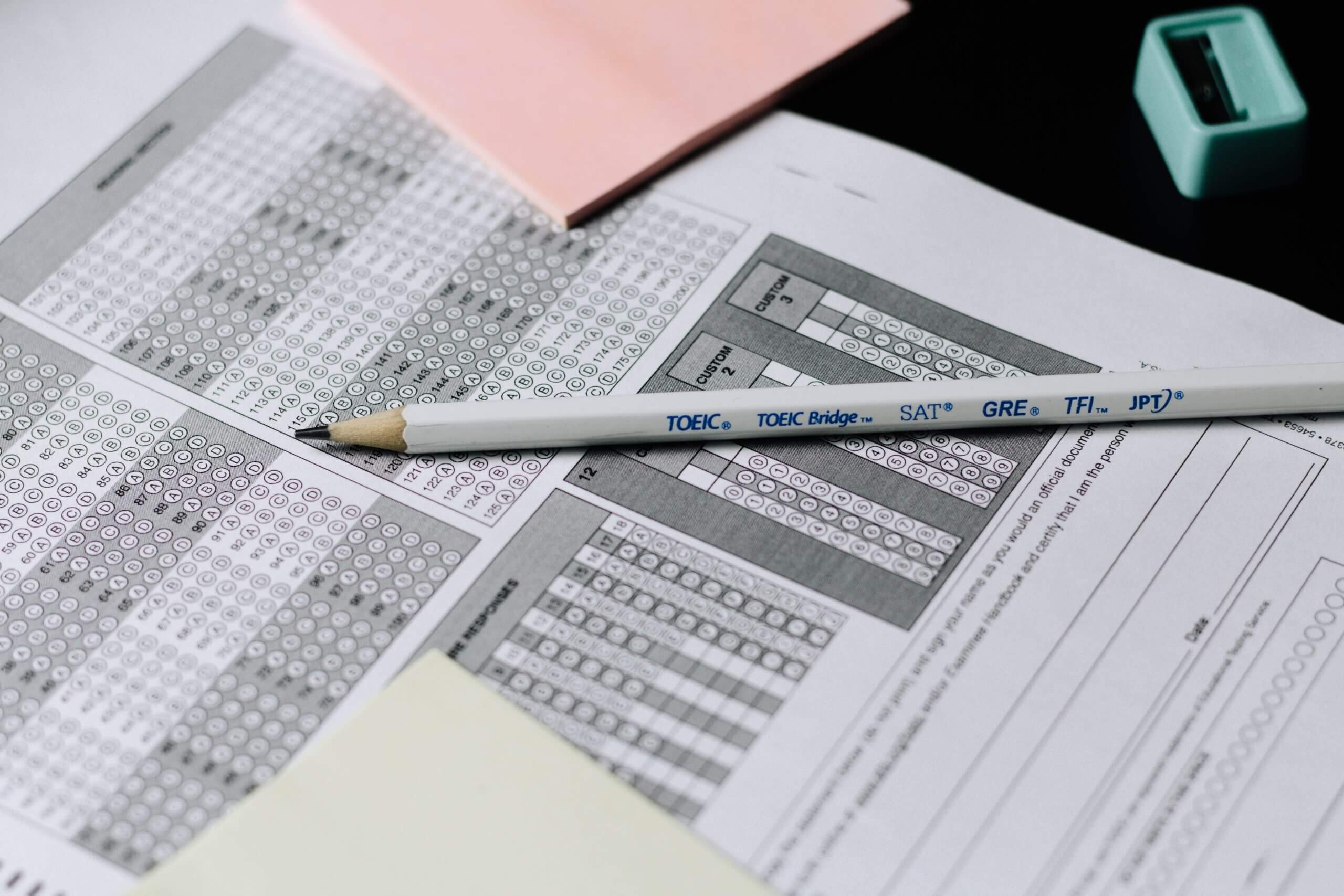What you need to know about Talent Assessment
Hiring managers have a very important role in a company. They need to find candidates who are top talent, have the right leadership skills, and have cultural fit within the organization to best support the growth of the company. In executive search and placement, a hiring manager might need the help of an organization like Keller to best achieve these objectives. External executive search organizations are better equipped for these searches in terms of man-power and resources. They can also provide access to a larger candidate pool, and have the means to provide detailed talent assessments.

Assessments are important because the demand for skills and abilities that can grow and adapt to the tides of new business environments is becoming more important. Talent assessment is a discipline that is always growing and changing to suit the needs of businesses that grow with the times. This means that talent assessment tends to remain current, which makes it a reliable option for hiring managers to explore. Generally speaking, talent assessment can assess skills, expertise, and suitability to a company accurately when administered and interpreted correctly.

What is Talent Assessment?
Talent Assessment Tests
These are also called pre-employment tests and distinguish the best candidates from a group during the hiring process. Pre-employment testing is often used as a recruitment tool and can be adjusted depending on the employment level. No matter the level, these tests are used during the hiring process to determine skills, behavior, personality, and industry or job-related knowledge. It can also help a hiring manager or executive search firm to establish whether candidates are looking for long-term employment and what their job performance might be like as measured by job trials to test a candidate’s skills.
Most businesses know that talent assessments work and can provide a good idea of a candidate’s ability, core competencies, and depth of their experience. It can also provide insights into their behavior and personality traits that might be beneficial or detrimental to the roles they mean to fill. Furthermore, talent assessments can help a company identify where they need to develop employees to improve performance and company culture.

Why are talent assessments pivotal in identifying the right talent?
In recent years, finding the best candidate for an executive role has become more important. This is largely due to the digitalization bought on by the pandemic and the added pressures that come with the changing face of the workforce. Data has become important, and collecting the right data about a person can greatly improve a corporation’s insights into whether they will be a good fit for an executive role in the company. This is where talent assessments come in.

Any hiring process can require an understanding of the candidates who apply or are sourced for the position. The results of a talent assessment process can give a deeper understanding of each suitable candidate and can help a hiring manager compare applicants more carefully. Candidate assessment can be structured in such a way that it includes personality tests, behavioral assessments, a work sample, job trials, tests to determine cultural fit, and any other key element an employer might need clarity on. Results are compiled into direct reports presented to employers by trained administrators who know how to look out for elements like unconscious bias and combat these effectively.
Furthermore, any online hiring assessment tools or written talent assessments are often also accompanied by structured interviews so that human resources or the outsourced company can get a more personal feel for candidates.
If need be, the entire process can take place online, even the structured interviews, as all other tests can take the form of online talent assessments. Keller’s talent assessment program enables us to isolate the best candidates based on more than just skills and abilities to suit unique hiring needs and make hiring decisions for our clients that much easier.

How does talent assessment work?
Talent assessments can help a hiring strategy in several ways, depending on the client’s needs. Many choose to conduct a talent assessment to narrow down the list of who will be interviewed, but others may choose to include interviews in the assessment process. The majority of assessments can be administered online, which has made the entire process much easier.
While, in most cases, the process can be automated, it is advantageous to have someone who can provide guidance on the interpretation of results. It is also beneficial to have someone who can select the best battery of tests to meet hiring needs – if battery selection is not done automatically based on search parameters.

In general, talent assessment tools work best when administered in a battery, including elements like job simulations, behavioral assessments, tests for corporate culture, confirmation of candidate experience, etc. Talent assessment tests help companies find the best employees to fit their employer brand. Services provided by firms like Keller can be customized to meet individual needs. An element like a hypothetical scenario or work samples can help paint a picture of new hires within only a few hours. Companies can see if candidates’ skills match the required skills for the position that needs to be filled. It might also give potential employers an idea of a candidate’s potential to learn new skills closely related to their experience. Overall, a talent assessment helps to paint a detailed picture of candidates’ skills, culture, and potential.

Types of Talent Assessments
Psychometric tests
These tests examine certain abilities through scientific methodology in the form of interests, motivations, cognitive skills, personality traits, intelligence, and critical thinking abilities. These tests can identify any warning signs and can identify dishonesty through scientific methods within the assessments. The predominant purpose of these tests is to identify candidates who are not suited to the job so they may be eliminated from the candidate pool.
Behavioral assessment
Behavioral assessment tools help administrators understand the behavioral traits of candidates in a manner that job trials or work samples cannot achieve. They help to assess how candidates might respond to certain scenarios and how they might handle things like conflict. It can also provide insight into their inner motivations.

Cognitive ability test
When it comes to complex jobs, especially at an executive level, a cognitive test can serve as a great measure of both intelligence and cognitive ability. This does not only evaluate candidates on what they are able to do now, but it also provides insight into what they are capable of achieving in future. These tests focus on elements like decision-making skills, problem-solving, numerical aptitude, verbal reasoning, and critical reasoning. Therefore, they can also help to identify the best job levels for potential employees as it assesses current and potential job performance.
Technical assessments
Technical assessments are specifically meant to evaluate candidates on their technical abilities for specific skills to see if potential talent can perform the duties required for the role. Therefore, these assessments are specific to various industries or skills.
Communication skills assessment
This is usually a later part of the hiring process that identifies whether a candidate has the appropriate communication skills for the role they are being considered for.
Candidate assessment can take many forms and is not limited to the recruitment assessment tools listed here. The talent assessment provided by Keller is inclusive and extensive to ensure that we cover all elements of candidate assessment that our clients might require.

Elements often measured by a Talent Assessment
Technical skills
Technical skills are specifically related to subject knowledge related to a specific field. Top talent would need to be tested for their technical skills as work samples are not enough to make accurate determinations in highly technical fields.
Communication skills
Communications skills are not always included in talent assessment batteries as they are not critical to all roles and can usually be established during the interview process. When they are included they are specifically related to the communication and language ability that potential talent possesses.

Cognitive ability
Cognitive skills include elements like verbal reasoning skills, critical thinking, and problem-solving, which are essential to executive-level posts. For many fields where talent assessments are undertaken, cognitive ability is specifically tested for.
Behavioral traits
These traits give an indication of behavioral patterns related to work performance. It can also help an assessor tell if a candidate will fit in with the company culture and whether they have the appropriate level of resilience required for the job.

Overall, talent assessment is important in the hiring process where specific skills are required, but undertaking such assessment is entirely up to the hiring manager. They might be able to establish the required skills during the interview process or through other means. Where they are needed, however, talent assessments are usually administered by trained professionals.










